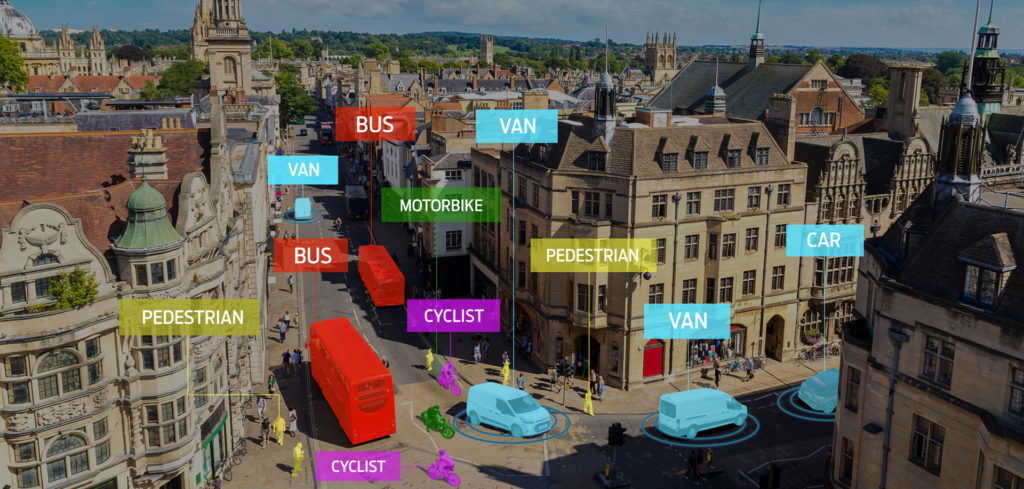A consortium led by Ford is aiming to develop a predictive road safety tool that will harness data from connected vehicles and intelligent roadside sensors. The group says that its Data-Driven Road Safety Tool will analyze information from a variety of sources in order to predict the likely locations and possible root causes of potential road safety hot spots. It hopes these insights will enable cities to take pre-emptive action to address roads and junctions that pose the greatest risks to road users.
“Soon every new vehicle will be a connected vehicle, and we see this as an opportunity to reduce road traffic incidents and save lives in a significant way,” explained Jon Scott, project lead of City Insights at Ford Mobility, Europe. “By collaborating with leading innovators, experts and academics – and with the backing of Innovate UK – we truly believe we can help improve mobility for millions around the world.”
Ford Mobility says that it is working alongside partners including Oxfordshire County Council, AI sensor specialist Vivacity Labs and academics from Loughborough University’s Transport Safety Research Centre, with support from Transport for London. As part of the 18-month trial, up to 700 passenger and commercial vehicles will be voluntarily connected across Oxfordshire and London.
According to the company, detailed telematics data from the fleet of vehicles – such as brake and accelerator pedal usage and steering wheel angle – will be analyzed alongside information from up to 25 additional smart sensors to be provided in Oxfordshire by Vivacity Labs.
Specialists from Loughborough’s Transport Safety Research Centre, led by Ruth Welsh, senior lecturer in Traffic Safety, and Ford’s Global Data Insight and Analytics team will analyze driver and vehicle data, while Oxfordshire County Council will focus on how data provided by local authorities, combined with the predictive tool, can improve road safety for all users.
Ford hopes that the insights and analysis will be used to further prove and develop the digital road safety algorithm and tool into a scalable, commercial product to benefit cities and citizens around the world. The consortium notes it will also seek to uncover further real-world applications for predictive road safety related insights.
The project follows two trials in London in which analysts and data scientists from Ford Mobility sampled more than one million miles of driving by connected vehicles to identify and analyze various road safety hot spots in Greater London, then provide detailed safety mitigation guidance to local authorities.
Recommendations from these trials included the introduction of red light cameras to deter signal jumping, cutting back vegetation to ensure road signage was clearly visible, double-height signage and signals, resurfacing carriageways and raising service covers.


